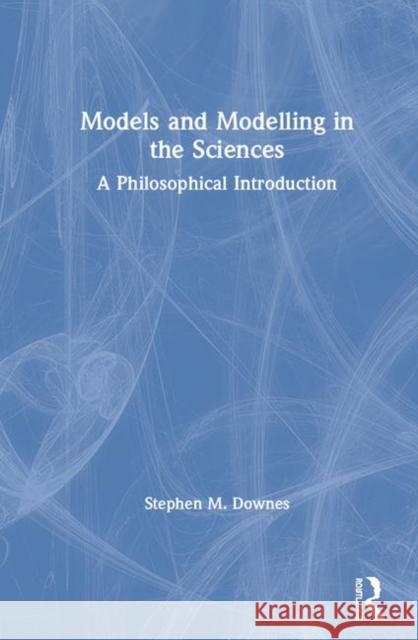Models and Modeling in the Sciences: A Philosophical Introduction » książka
Models and Modeling in the Sciences: A Philosophical Introduction
ISBN-13: 9781138122222 / Angielski / Twarda / 2020 / 104 str.
Models and Modeling in the Sciences: A Philosophical Introduction
ISBN-13: 9781138122222 / Angielski / Twarda / 2020 / 104 str.
(netto: 674,98 VAT: 5%)
Najniższa cena z 30 dni: 680,04
ok. 22 dni roboczych.
Darmowa dostawa!
Biologists, climate scientists, and economists all rely on models to move their work forward. In this book, Stephen M. Downes explores the use of models in these and other fields to introduce readers to the various philosophical issues that arise in scientific modeling. Readers learn that paying attention to models plays a crucial role in appraising scientific work. This book first presents a wide range of models from a number of different scientific disciplines. After assembling some illustrative examples, Downes demonstrates how models shed light on many perennial issues in philosophy of science and in philosophy in general. Reviewing the range of views on how models represent their targets introduces readers to the key issues in debates on representation, not only in science but in the arts as well. Also, standard epistemological questions are cast in new and interesting ways when readers confront the question, "What makes for a good (or bad) model?" All examples from the sciences and positions in the philosophy of science are presented in an accessible manner. The book is suitable for undergraduates with minimal experience in philosophy and an introductory undergraduate experience in science. Key features: The book serves as a highly accessible philosophical introduction to models and modeling in the sciences, presenting all philosophical and scientific issues in a nontechnical manner. Students and other readers learn to practice philosophy of science by starting with clear examples taken directly from the sciences. While not comprehensive, this book introduces the reader to a wide range of views on key issues in the philosophy of science.











